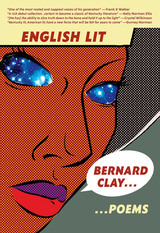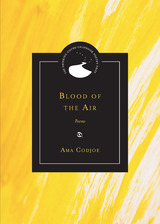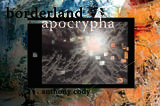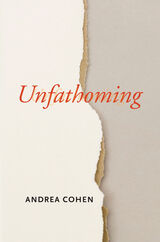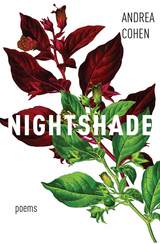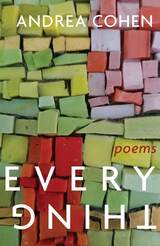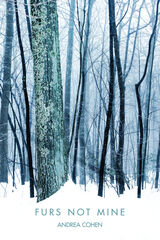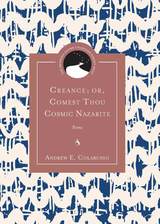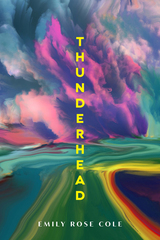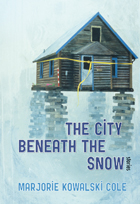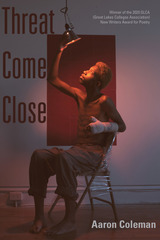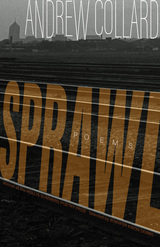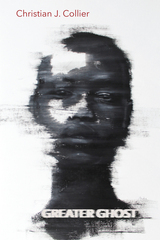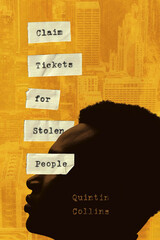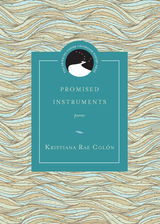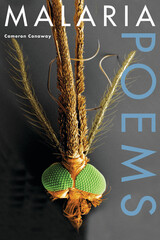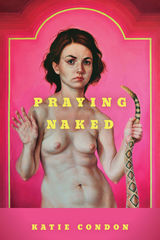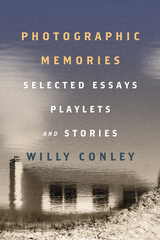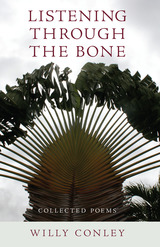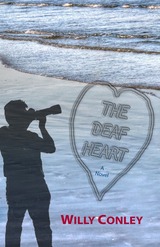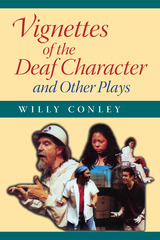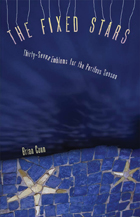Red Wilderness
Four Way Books, 2025
Paper: 978-1-961897-24-3 | eISBN: 978-1-961897-25-0
Library of Congress Classification PS3603.O4324
Dewey Decimal Classification 811.6
Paper: 978-1-961897-24-3 | eISBN: 978-1-961897-25-0
Library of Congress Classification PS3603.O4324
Dewey Decimal Classification 811.6
ABOUT THIS BOOK | AUTHOR BIOGRAPHY | REVIEWS
ABOUT THIS BOOK
In defiance of life’s intractable march forward, Red Wilderness by Aaron Coleman (Winner of the 2020 GLCA New Writers Award) sounds the strange fathoms of the past, weaving a living song beyond what haunts our country and ourselves. Coleman's second collection interpolates American history with his own family's legacy, reflecting on national identity, Blackness, taboo, faith, and remembrance while enacting a multigenerational chorus of poems that stretches back to the Civil War. In present day, Coleman “[tries] a new way home / past the pawn shop neon-green with memory” and inspects bird bones in “tall, forgotten weeds” while “hard rain” turns his ground into “a gulch”—another place where “the end got here before us.” In the next poem, transported between storms, Coleman channels his ancestor, a soldier of the Pennsylvania 25th Colored Infantry at sea during a downpour in March 1864: “I say no to death now. I’m nobody’s slave / now. I’m alive and not alone.” In these restorative lyrics, an end is an entrypoint to memory and reimagination, to something unending—a spiritual freedom, collective strength, and boundless love threading separate years into one strand. Red Wilderness visualizes an intimate, living archive that maps myths and realities of blood, boundaries, geography, and genealogy, and Coleman brilliantly curates the sound of time’s river wending across ancient land. “Hold and let fall water,” he instructs us. “If I / listen for my body living I hear who I am.”
See other books on: African American & Black | Coleman, Aaron | Death, Grief, Loss | Family | Subjects & Themes
See other titles from Four Way Books

